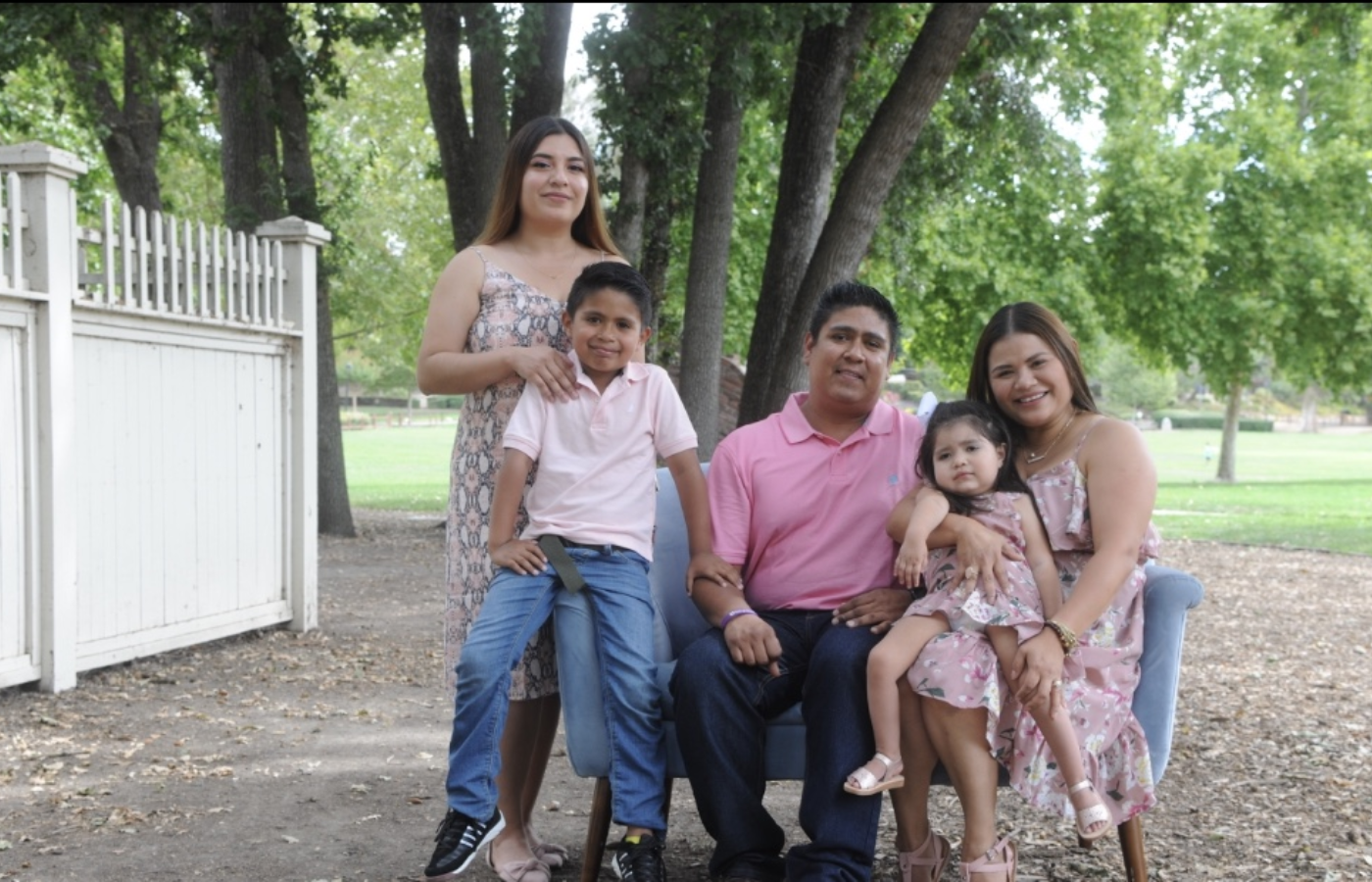Brianna’s Journey Through the Early Identification and Intervention System
Brief • Sep 8, 2020

Brief • Sep 8, 2020

Summary
This brief details the journey through California's Early Identification and Intervention system of Karla Garcia, a stay-at-home mom from San Francisco, and her daughter, Brianna, who has Rett Syndrome, a genetic neurological condition. Since her daughter's four month well-child visit, when Karla first raised concerns about Brianna's development, she has had to persist for answers and advocate for her daughter to receive the services that she needs. Karla and Brianna’s story highlights the challenges that a lot of families face when dealing with the early identification and intervention system and the important role that support systems can play.
Karla Garcia came to the United States from El Salvador 10 years ago with her husband and eldest daughter. She lives in San Francisco and is a stay at home mom of three children ages 22, 8, and 3.5 years old. Karla worked at a clothing store but had to stop working to care for her youngest daughter, Brianna, who has Rett Syndrome, a genetic neurological condition. Karla had growing concerns about Brianna’s development early on and raised them at her four month well-child visit. Her pediatrician said that Brianna was too young to tell whether there were any delays in her development. From there, and at every step of the way, Karla has had to persist for answers and advocate for her daughter to receive the services that she needs.
Brianna was diagnosed with Rett Syndrome in December of 2018, one month shy of her second birthday, and the family’s efforts to find the best services for Brianna continue today. Karla and Brianna’s story highlights the challenges that a lot of families face when dealing with the early identification and intervention system and the important role that support systems can play.
Brianna's Age | Family Experience | System |
|---|---|---|
4-5 months | Karla notices that Brianna is unable to hold a gaze, hold her head straight, or lift and hold her head up when she has tummy time. Karla mentions her concerns to her pediatrician, but the pediatrician says Brianna is too little to tell whether or not her development is normal. | Primary care |
6-7 months | After several more visits Karla insists that something is different with Brianna’s development. The pediatrician agrees to do a developmental screening, which shows that Brianna is delayed in all domains. The pediatrician says she will send a referral to the Regional Center. | Primary care |
6-7 months | Soon after Brianna’s first screening at the pediatrician’s office, Support for Families of Children with Disabilities, a community-based organization, contacts Karla to inform her of its services. | Community based support organization |
8 months | After not hearing from the Regional Center, Karla contacts Support for Families, where Brianna gets another screening done. Support for Families contacts the Regional Center and it’s discovered that they never received the pediatrician’s referral. Support for Families then sends their own referral. | Community based support organization & Regional Center |
10-11 months | The Regional Center contacts Karla and screens Brianna during her first appointment, which again shows that she is delayed in all developmental domains. The Regional Center then begins to look for providers to offer treatment services to Brianna. | Regional Center |
11 months | In search of a diagnosis, Brianna’s pediatrician refers her to a neurologist at San Francisco General Hospital. | Primary care |
12 months | Without a specific diagnosis, Brianna begins receiving speech, early intervention, and physical therapy (PT) through the Regional Center, but Brianna wasn’t approved for occupational therapy (OT) even though screening showed delays in gross motor skills. PT is done at her home, whereas speech and early intervention therapy are provided at two different centers. | Regional Center |
14-15 months | Brianna has her appointment at San Francisco General and the neurologist refers her to UCSF for further evaluations. Brianna is given an appointment 5-6 months later. | Specialist |
18 months | Brianna comes down with pneumonia three months before her UCSF appointment and ends up at UCSF, where doctors decide to run genetics tests they were planning on running during the originally scheduled appointment. | Specialist |
21 months | During the originally scheduled appointment at UCSF, Karla receives test results done while Brianna was hospitalized with pneumonia which don’t result in a diagnosis. Doctors then run tests for Rett Syndrome. | Specialist |
23 months | Brianna is diagnosed with Rett Syndrome at UCSF. Brianna continues receiving therapies from the Regional Center but the therapies shift focus to the areas where she needs more support based on the new diagnosis. UCSF refers her to specialists to treat Rett Syndrome, including a cardiologist | Specialist & Regional Center |